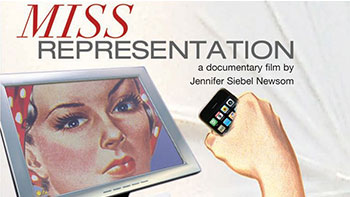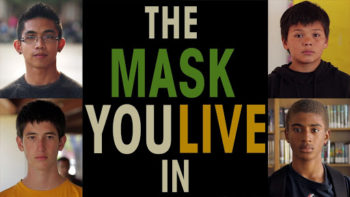Here are the highlights from our media coverage this week:
“I don’t want to have to compromise my morals in order to make a living…I dont want to be infantilized because i refuse to be sexualized…I dont want to be molested at shows or on the street by people who perceive me as an object that exists for their personal satisfaction…I’m sad that my desire to be treated as an equal and as a human being is interpreted as hatred of men, rather than a request to be included and respected.” – Grimes, in a statement posted on her Tumblr account last night
-“The Mars/Venus view describes a world that does not exist, at least here on earth. Our work shows that sex does not define qualitatively distinct categories of psychological characteristics. We need to look at individuals as individuals.” – The New York Times
-Artist Alex Law let little girls design their own superhero costumes and then he drew portraits of them. See the art here.
-The Virgin CEO is initiating seat-to-seat delivery on his flights, allowing customers to buy drinks for others. PolicyMic’s Elizabeth Plank argues that his risks an increase of sexual harassment on flights.
-“What girls and women truly desire (and need) is for magazines to spend less time telling them how they should be and more time celebrating who they are. To portray the myriad of complexities in their lives. To offer an uplifting standard of beauty that doesn’t exploit their sexuality. To consider a loftier life goal beyond sex tips and “pleasing your guy.” That would make women feel truly empowered.” – Ashley Crouch via Acculturated
-The CBS Houston radio website posted an article earlier this week asking if an NBA cheerleader was “too chunky” to be performing (the story featured a poll which let readers vote on her appearance).
-Sarah Yasin from The New York Times takes on the hijab debate, writing, “Wearing a hijab isn’t inherently liberating – but neither is baring one’s breasts. What is liberating is being able to choose either of these things. It’s pretty ludicrous to think that oppression is somehow proportional to how covered or uncovered someone’s body is. Both sides of this argument present a shallow understanding of women’s empowerment, which only drowns out the substantive challenges facing all women – issues that cannot be encapsulated in a debate about a piece of fabric…Whether it’s a ban on niqabs in France or miniskirts in Uganda, or warped legislation on reproductive rights in the United States, these efforts send a consistent signal: that our bodies are not our own. Secular or religious, liberal or conservative – the factions aren’t on the same side, but they’re all eager to declare war on women’s bodies.”



